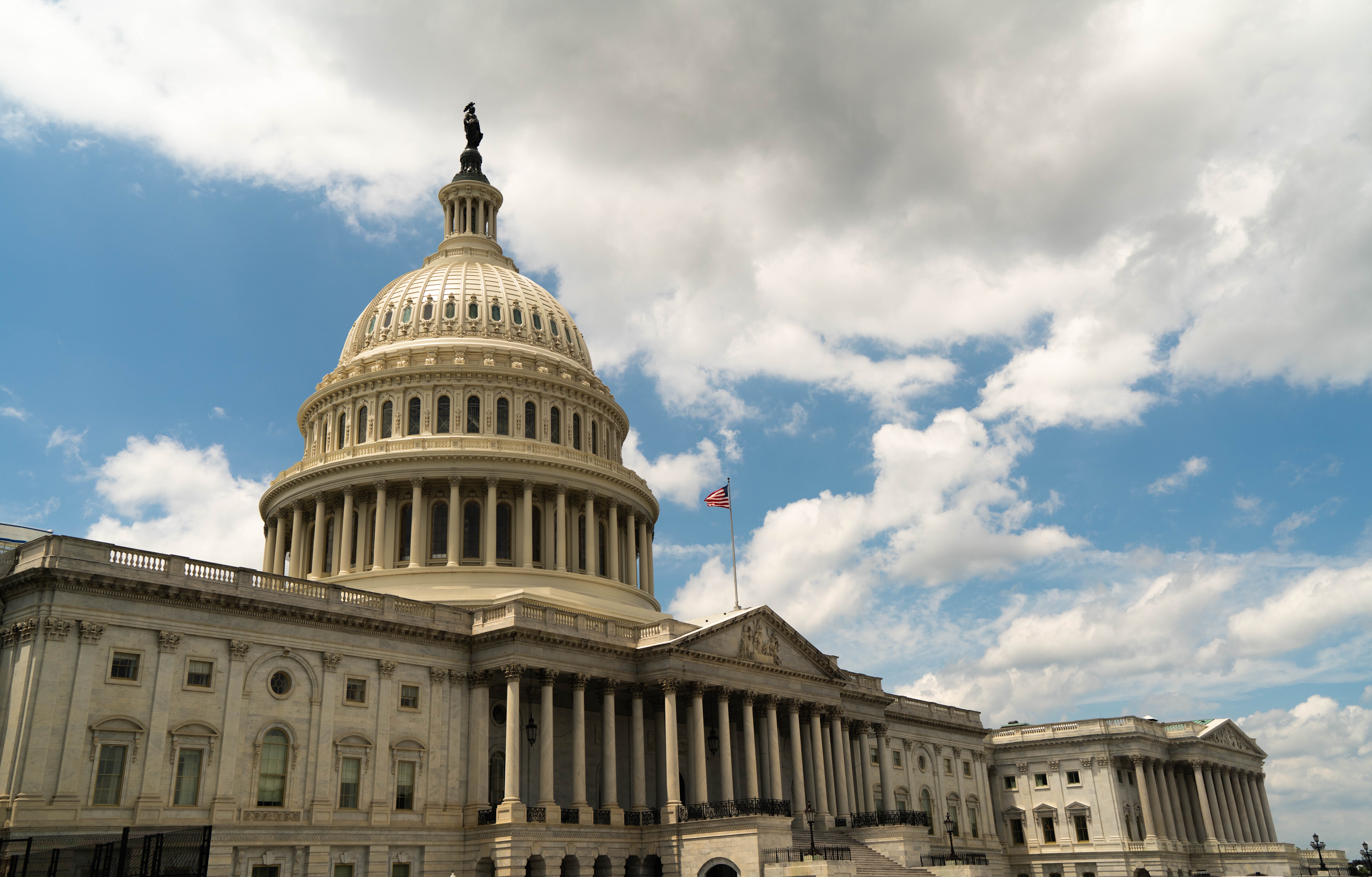
The Infrastructure Investment and Jobs Act, signed by President Biden earlier this week, contains many provisions related to individuals, businesses, information reporting, pensions and excise tax. Contained here is a high-level overview of some of the key provisions that may impact you or your business. For more detailed information, please contact us to discuss how these provisions relate to your specific tax situation.
Individual Provisions

The much discussed aid package has been signed into law after significant delay and controversy. We’ll be revisiting this topic in the coming days as the details become clearer. Meanwhile, here are the key takeaways:
A $600 check to many Americans. The phase-out begins for those earning $75,000 annually and disappears at $99,000. The amount is reduced by $5 for every $100 in additional income. If your 2019 income makes you ineligible but you made a lot less in 2020, you still may be eligible for the money in the form of a refundable tax credit.
Additional unemployment benefits of $300 a week, lasting through mid-March.
Additional benefits for freelancers and gig workers.
A tax credit for employers offering paid sick leave.
$284 billion for businesses and revival of the Paycheck Protection Program, which ended some months ago.
Businesses that received PPP loans and had them forgiven faced tax confusion. The new bill will make it clear such businesses will be allowed to deduct the costs covered by those loans.
Breaks for renters and homeowners: $25 billion in rental relief and an extension of the eviction moratorium through Jan. 31, 2021.
A ban on surprise medical bills, which sometimes occur when a patient unexpectedly gets care outside of a network. Going forward, insurance companies will have to work these out with providers.
Additional protections and aid for bankruptcy filers.
Mortgage forbearance–temporarily reducing or pausing payments for 180 days.
One of the smallest provisions is also one of the most divisive: the return of the 100% deduction of the so-called three-martini lunch — that is, an increased tax break for business lunches, which are currently at 50%. This applies to restaurant and takeout meals paid for in 2021 and 2022, according to analysis from Forbes, and is not retroactive.
According to the SHRM, key employer provisions include:
What’s Out
Several heavily debated items are off the table, although they may appear in bills in the near future. Their elimination was part of a series of compromises:
Although the bill is now law, it may take a while before all the details become clear. The IRS and other government departments will likely offer additional guidance, and again, we will have more on the law’s provisions.
Please contact us today to discuss how this will affect you and your tax situation.
©2020

Despite all the gridlock in Washington, as well as an impeachment, the SECURE Act has passed. It changes a number of important retirement plan rules. The act runs over 120 pages, so the experts will be poring over it for some time. Meanwhile, a number of sources have weighed in on what they think are the key provisions. (Note that last-minute alterations and more detailed analysis may lead to additional changes in the coming weeks.)
(more…)